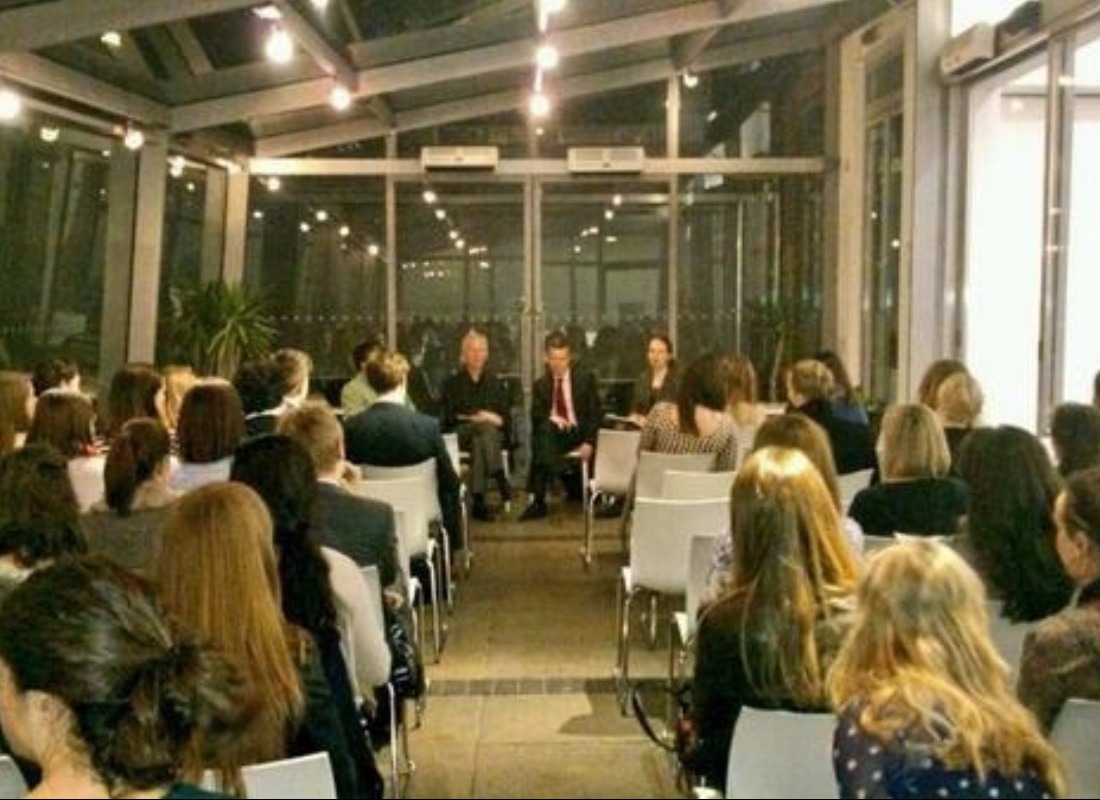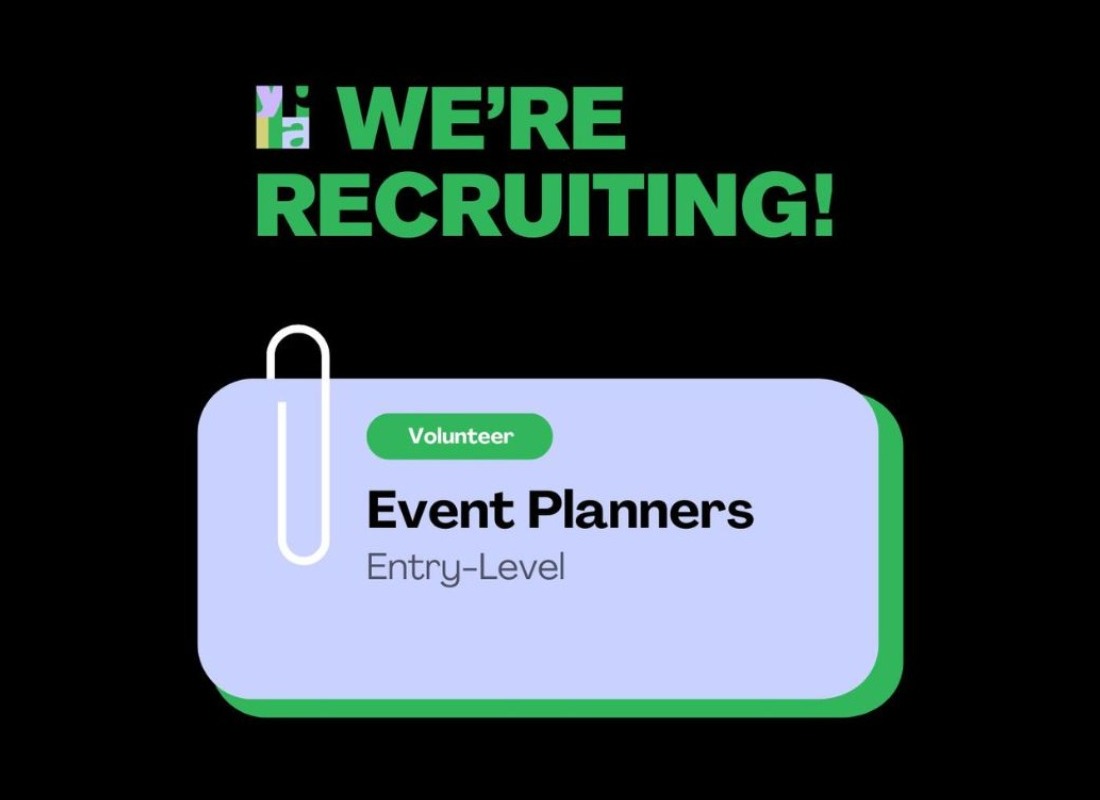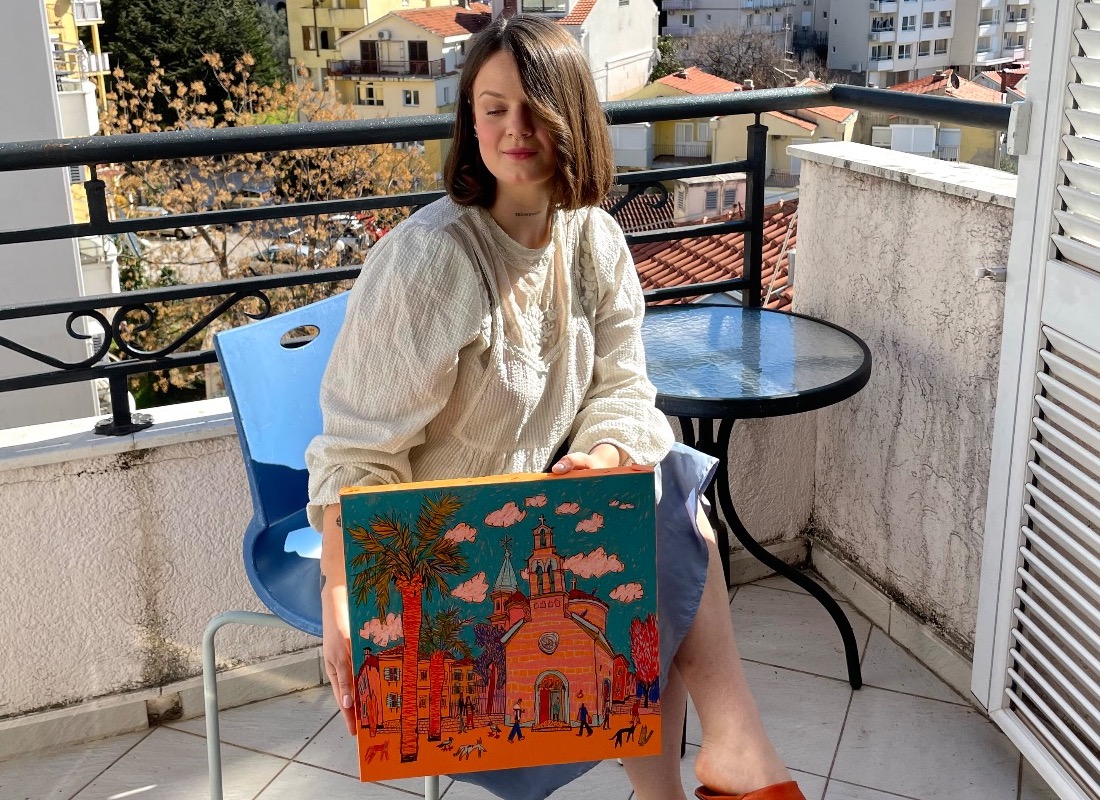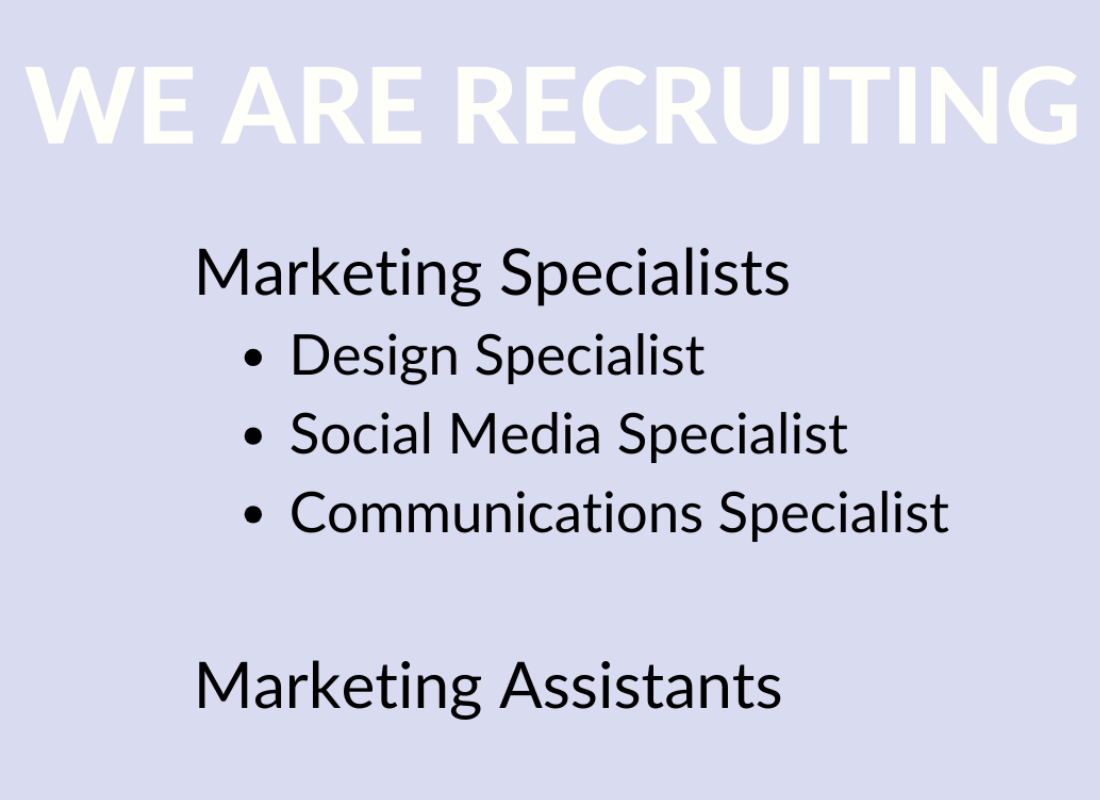
A highlight from the archive: in March 2014 YPIA held an event on 'Classical Music in the Media' - below are a few interesting points the panel discussed:
Dusk is falling as a lively audience takes their seats in the greenhouse at the Jerwood Space. Some people hug - they haven't seen each other in a long time; others just shake hands - they are first-time visitors, hoping to make a connection. The event caters for all kinds of people, although all they have in common is that they're young cultural professionals looking for inspiration. Tonight’s event is on ‘Classical Music in the Media’ and presents a panel discussion on the changing ways in which audiences consume classical music beyond the concert platform.
The panel chair, Hannah Taylor (co-founder of Tall Wall Media) knows how to grab the audience's attention - her first question is clear and straight to the point: ‘What kinds of developments have you noticed in how the arts and music in particular are promoted?’ Steve Long (Director of Floating Earth and Signum Records, and thus an authority in the field of music recording, production and record labels) dares to venture the first response. “Live recordings have found a new relevance in the music industryâ€, he says, “and they are a reaction to the increase of possibilities for downloading and streaming music online, listening to internet radio and using music-on-demand websitesâ€. Ben Pateman (Executive Producer at the Royal Opera House’s multi-platform Opus Arte) nods and adds: “The concept of ownership is changing rapidly. Nobody needs to ‘own’ anything anymore, because we went from a physical to a digital market in which lots are shared for freeâ€. This obviously creates another problem - that of how to make money in music today. The third panel member John Bridcut (founder of Crux Productions and an award-winning music documentary maker) thinks this move to online access has changed the way music distributors approach their audiences: “Classical music is often seen as elitist and is therefore a bit intimidating for some audiences. However, with the help of live concert screenings in cinemas, TV music broadcasts and free streaming of concerts on the internet, classical music reaches many more people than before.†A member of the audience wonders if because of these new developments music programmers aren't afraid of ‘dumbing down’ their public. Bridcut protests immediately: “Spreading your net wider is not going to devalue your product, and you need to start somewhere. You cannot ask from people who are not familiar with opera to like opera, so you will have to introduce them to the genre with ‘easy’ pieces, so that their interest might grow and they might go for more ‘difficult’ works later on.â€
The concept of live concert screenings, like those the Royal Opera House, the National Theatre and New York’s Metropolitan Opera are offering, is something the panel members find very interesting. Long is sure that live concerts are going to be the main source of income for music production companies: “Record sales might be doing badly, but live music is really alive in Londonâ€, he says. “The social aspect of those evenings attracts younger audiences and makes people more willing to pay for their experience.†Bridcut agrees, stating that “once audiences have encountered classical music in the more comfortable setting of a cinema, where the tickets are cheaper and food and drinks are allowed, they might be more likely to actually pay a visit to the Royal Opera House.†When the chair mentions television broadcasts of concerts as another option for audience engagement, the panel members immediately shake their heads. Concert broadcasts on television (including via iPads) might give audiences the opportunity to click pause and make tea, but miss the important social aspect.
One of the audience members suggests that another reason for younger audiences to go to a live cinema screening rather than a performance at the Royal Opera House is that they do not feel welcomed by the traditional opera audience. At the Royal Opera House certain etiquettes are maintained – for instance, only being allowed to cough during intervals and not clapping during certain pauses – and that can put off audiences with less opera experience. To Pateman, this sounds rather familiar: “Classical music audiences work as a kind of clubâ€, he says, “you can join, but you need to obey the rules. It can be very off-putting.†Long looks at it from another point of view, focusing on the fact that the classical music scene mainly depends on established audiences, including patrons and sponsors: “It is important that they are not scared off by a younger audience that does not behave according to traditional customâ€, he says.
Taylor voices the interests of the evening's audience, and wonders how distributors of classical music can make their programmes more interesting for younger audiences. Long suggests adding young musicians to the lists of events and simplifying the programme notes: “I know someone who doesn't like programme notes and refuses to have them at his concerts. He explains the background of the musicians and pieces live on stage and he doesn't use any academic language. His shows are sold out immediately and the concert hall is filled only with young people.†Bridcut has another suggestion: “You need to choose a piece that is truly dramatic, something you can understand immediately, even if you do not understand musical language.†He thinks about it for a moment and then adds: “Those who sell classical music are usually not young people themselves, so are they actually the right people to decide a concert programme at all?â€
The discussion instantly develops towards the question of how to pick the right artists. It seems to be a difficult choice, but Pateman is sure that artist managers have enough options: “With the increased use of social media for showcasing musical talent in addition to the already large pool of music graduates, record labels find enough potential artists to choose from. What they are looking for is not just a good recording anymore, but an ability to be different and strike a niche.†Bridcut proffers some skills today’s successful musician requires: “In addition to being a talented musician, you need an additional set of skills to make your name sparkle - this includes being good at public speaking, working with social media and dealing with the press.†Pateman nods and concludes that “being a musician today is like having a small business.â€
It's almost time to move on to the pub for the networking drinks, so Taylor asks the panel members one last question: “If you had a crystal ball and you were looking at the music industry of 2024, what are you expecting to see?†Long is the first to reply and predicts that consuming music will have undergone fundamental changes: “Streaming will be the norm, although that will already happen in less than ten years.†Pateman thinks “the future of music is liveâ€, because live concerts will be easier and more comfortable for audiences to attend. Bridcut concludes with a big nod: “People will always love live music, because the thrill of knowing that things could go wrong is very attractive; they just want to be there.â€




.0af71f.jpg)
.ec8cc4.png)